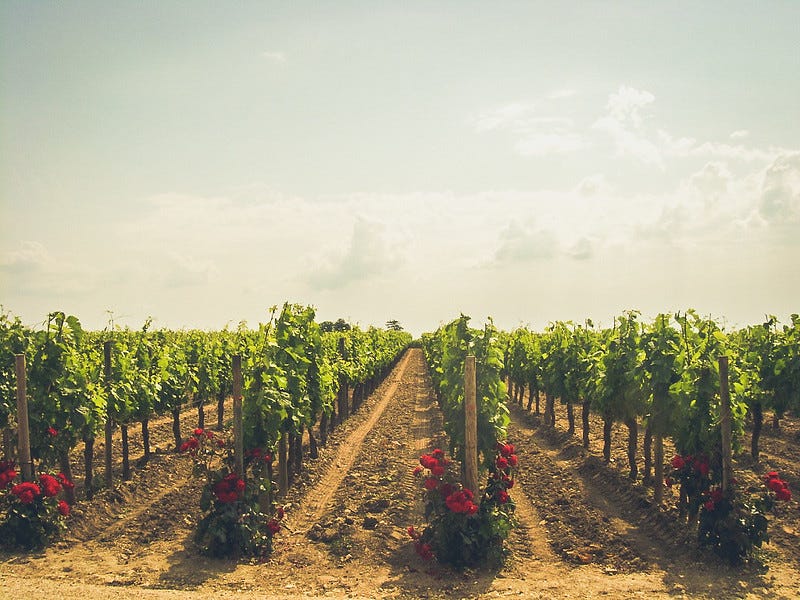News briefs: Microsoft to link C-suite pay to climate goals
Plus, solar lender Loanpal attracts big bucks, heat-hit Bordeaux chooses tougher grapes and smog sparks Tehran's buses to go electric

Greenbacks for green acts: Microsoft to link execs’ pay to climate goals
Software behemoth Microsoft (MSFT) says it is to begin linking its C-suite cohorts’ pay to the achievement of sustainability goals. The change will start in July, Microsoft’s president and chief legal officer, Brad Smith, told Bloomberg. Smith also announced that the company will invest part of its $1 billion climate fund, which was set up a year ago, to invest in Swiss carbon-removal startup Climeworks AG. The company is working in Iceland to increase its ability to suck carbon out of the air using giant fans and pump it deep into the earth. It also sells some the concentrated gas to beverage companies and plastic makers. “We like the fact that they are not only thinking about capturing it from the air but how to use the carbon dioxide that is recovered,” said Smith.
Read the Callaway Climate Insights report about Climeworks: Lufthansa backs Swiss effort to develop carbon-neutral aviation fuel
Investors get very friendly with solar lender Loanpal
In a sign that Wall Street has further gone gaga for green business opportunities, a wide mix of investors are making an $800 million bet on Loanpal, a renewable energy and home improvement lender. Included among the consortium are New Enterprise Associates, the WestCap Group, Brookfield Asset Management and the giant energy investment fund Riverstone Holdings, reports TechCrunch. Loanpal, based in Roseville, Calif., provides financing to homeowners “who dream of living a more sustainable lifestyle,” according to the firm. Most of the loans go to support installation of solar energy systems.
Heat-hit Bordeaux says ‘oui’ to sun-tough grapes
The historically fuddy-duddy Bordeaux wine industry has woken up to climate change in a big way by approving seven new grape varieties to the six red and eight white varieties already permitted to be used in its bottles. According to Food & Wine magazine, the new types were chosen by French experts for their potential to flourish even in the less hospitable conditions caused by global warming. The newly OK’d grapes — reds Arinarnoa, Castets, Marselan and Touriga Nacional and whites Alvarinho and Liliorila — are described as “well-adapted to alleviate hydric stress associated with temperature increases and shorter growing cycles.” But don’t expect an all-Arinarnoa bottle of booze — the new juice cannot account for more than 10% of a wine blend.
All aboard! Smog-hit Tehran’s buses to go all-electric
Faced with choking pollution in Iran’s capital, Tehran, the government has decided to convert the city’s diesel- and gas-driven buses to electric power. Working with the University of Tehran, the regime’s Space Technologies Development Center will lead the project, reports the local Financial Tribune newspaper. The center’s chief, Shahriar Zeini, said the bus upgrades will be mostly sourced domestically, with the first prototype due to be debuted in June. “Up to 80% of electric parts, including drive system, engines, batteries, DC converters and chargers, have been locally produced with the collaboration of Iranian knowledge-based companies,” Zeini added.
